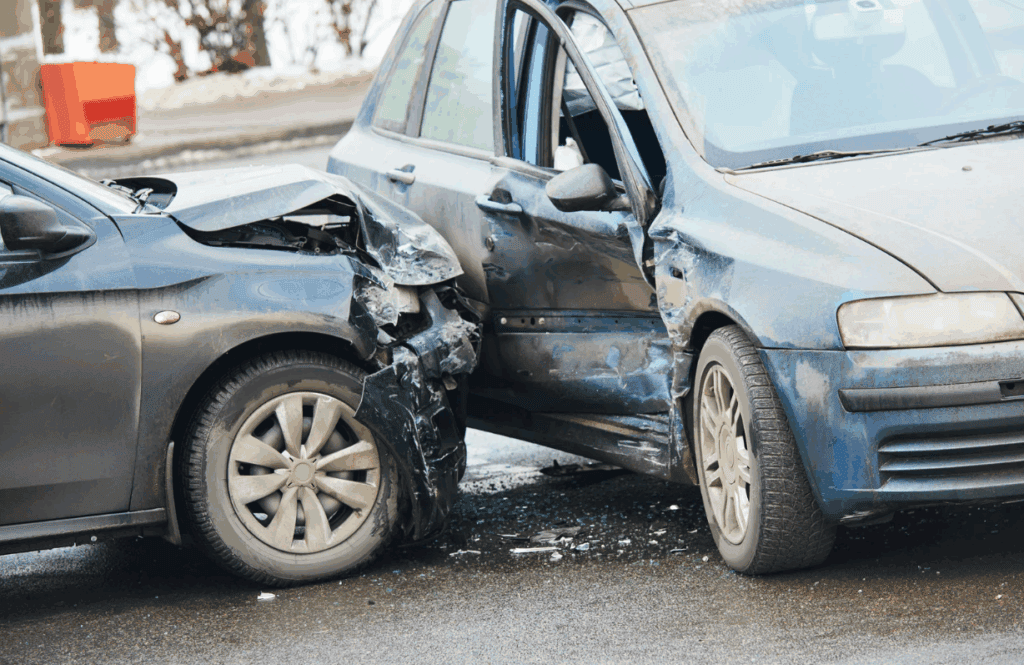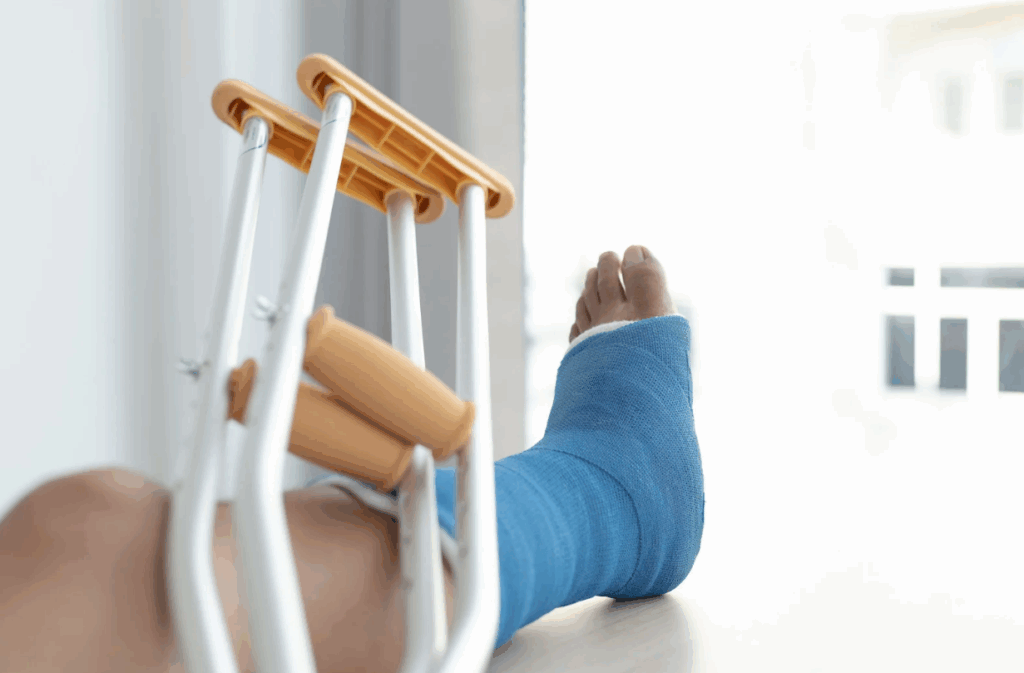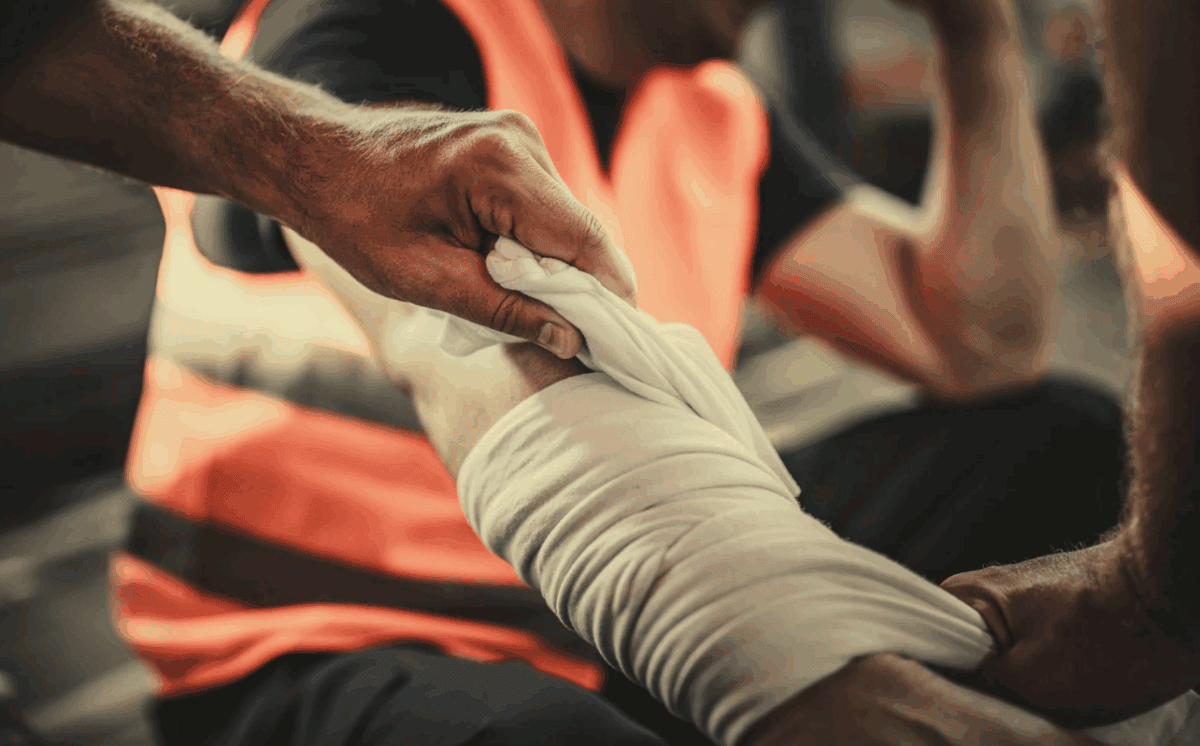Car accidents can be life-altering events that leave lasting impacts far beyond physical injuries. While broken bones heal and cuts fade into scars, the psychological wounds from a traumatic collision often require just as much attention and care. Understanding the mental health aspects of car accident recovery is crucial for achieving complete healing and returning to a fulfilling life.

The Psychological Impact of Car Accidents
The moments during and immediately after a car accident can create profound psychological trauma. The sudden loss of control, the fear of death or serious injury, and the shocking disruption to normal life can trigger a cascade of emotional responses. Many survivors experience what mental health professionals call acute stress reactions, which can include confusion, anxiety, emotional numbing, or hypervigilance.
These initial reactions are completely normal responses to abnormal circumstances. However, when these symptoms persist or intensify over time, they may develop into more serious conditions such as post-traumatic stress disorder (PTSD), depression, or anxiety disorders. Studies show that approximately 20-25% of car accident survivors develop PTSD, making it one of the most common sources of trauma-related mental health conditions.
Common Mental Health Challenges After Car Accidents
Post-Traumatic Stress Disorder (PTSD)
PTSD can manifest in various ways following a car accident. Survivors may experience intrusive memories or flashbacks of the crash, nightmares, or severe anxiety when driving or being a passenger. Avoidance behaviors are also common, where individuals go to great lengths to avoid driving, certain roads, or even leaving their homes. Physical symptoms like increased heart rate, sweating, or panic attacks when exposed to accident-related triggers are also characteristic of PTSD.
Depression and Anxiety
According to Costello, a lawyer in Burlington County, ”The aftermath of a car accident often brings significant life changes that can contribute to depression. Physical limitations may prevent individuals from participating in activities they once enjoyed, working, or maintaining their independence. Financial stress from medical bills and lost wages can compound these feelings. Anxiety, particularly driving anxiety or general worry about safety, can severely impact daily functioning and quality of life.”
Survivor’s Guilt
When accidents involve multiple vehicles or result in injuries to others, survivors may struggle with intense guilt. Questions like “Why did I survive when others were hurt worse?” or “Could I have prevented this?” can create overwhelming emotional burdens that interfere with recovery.
The Mind-Body Connection in Recovery
Physical and mental recovery from car accidents are deeply interconnected. Chronic pain from injuries can exacerbate depression and anxiety, while psychological distress can actually slow physical healing and increase pain perception. This cyclical relationship means that addressing mental health is not just important for emotional well-being—it’s essential for complete physical recovery.
Sleep disturbances, which are common after traumatic events, can impair the body’s natural healing processes. Similarly, the stress hormones released during anxiety and PTSD episodes can interfere with immune function and tissue repair. Recognizing these connections helps explain why comprehensive care addressing both physical and mental health yields the best outcomes.
Strategies for Mental Health Recovery
Professional Support
Working with mental health professionals who specialize in trauma can be transformative. Cognitive-behavioral therapy (CBT) has shown particular effectiveness in treating car accident trauma. This approach helps individuals identify and change negative thought patterns, develop coping strategies, and gradually face their fears in a controlled way. Eye Movement Desensitization and Reprocessing (EMDR) is another evidence-based treatment specifically designed for trauma recovery.
Gradual Exposure and Desensitization
For those experiencing driving anxiety, gradual exposure therapy can help rebuild confidence behind the wheel. This might start with simply sitting in a parked car, then progressing to short drives in familiar areas during low-traffic times. The key is moving at a pace that feels manageable while consistently challenging comfort zones.
Building a Support Network
Social support plays a crucial role in recovery. Friends and family members can provide practical assistance, emotional support, and encouragement throughout the healing process. Support groups, either in-person or online, connect survivors with others who truly understand their experiences and can offer valuable insights and coping strategies.
Self-Care and Stress Management
Developing healthy coping mechanisms is essential for long-term recovery. Regular exercise, when medically appropriate, can reduce anxiety and depression while improving physical recovery. Mindfulness practices, meditation, and deep breathing exercises can help manage anxiety and intrusive thoughts. Maintaining consistent sleep schedules, eating nutritious meals, and engaging in enjoyable activities all contribute to overall well-being.

Overcoming Injuries in a Car Accident – The Path Forward
Recovery from car accident trauma is rarely linear. There will be good days and challenging days, progress and setbacks. Understanding that this variability is normal can help reduce frustration and self-criticism during the healing process. Patience with oneself and persistence in seeking help are key elements of successful recovery.
It’s important to remember that seeking mental health support is not a sign of weakness—it’s a proactive step toward reclaiming your life. Many accident survivors not only recover but eventually develop increased resilience, deeper appreciation for life, and stronger relationships as a result of working through their trauma.
The journey from car accident victim to survivor to thriver requires addressing both the seen and unseen wounds. By acknowledging the mental health aspects of recovery and actively working to heal psychological injuries alongside physical ones, individuals can move beyond mere survival to build fulfilling, meaningful lives after trauma.
With proper support, treatment, and self-compassion, it is entirely possible to overcome the mental health challenges that follow car accidents and emerge stronger on the other side.


